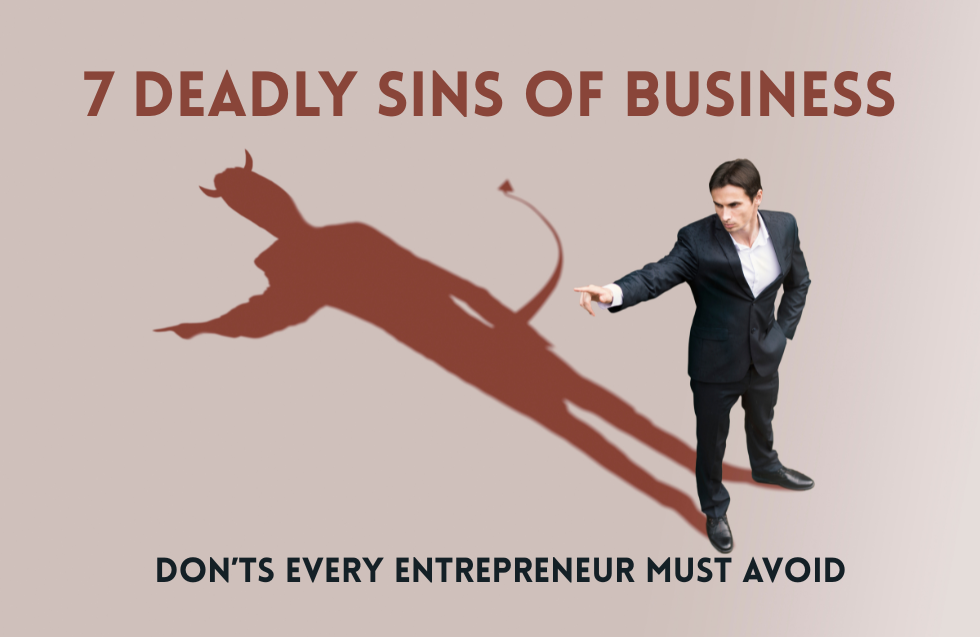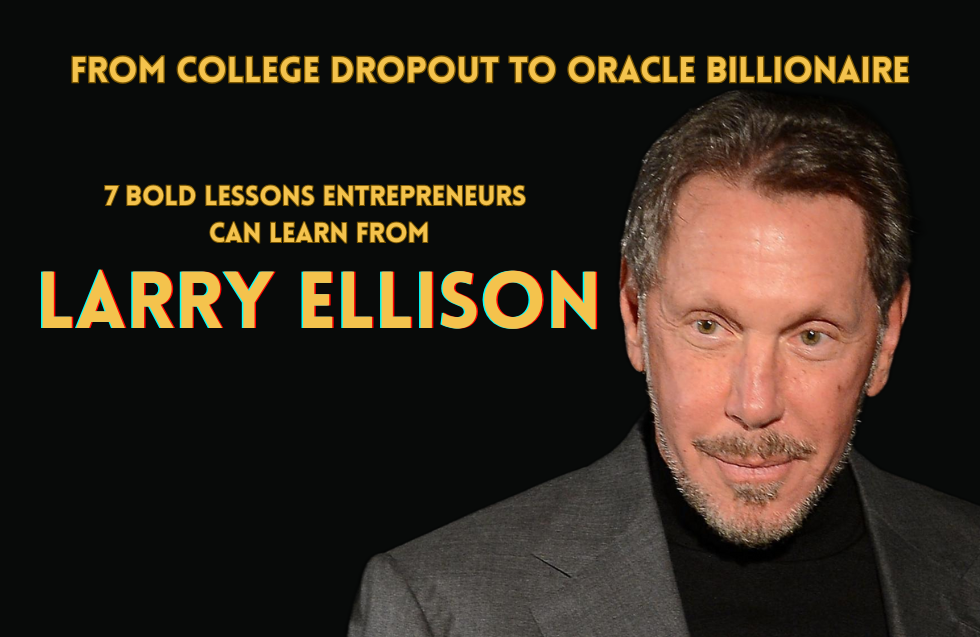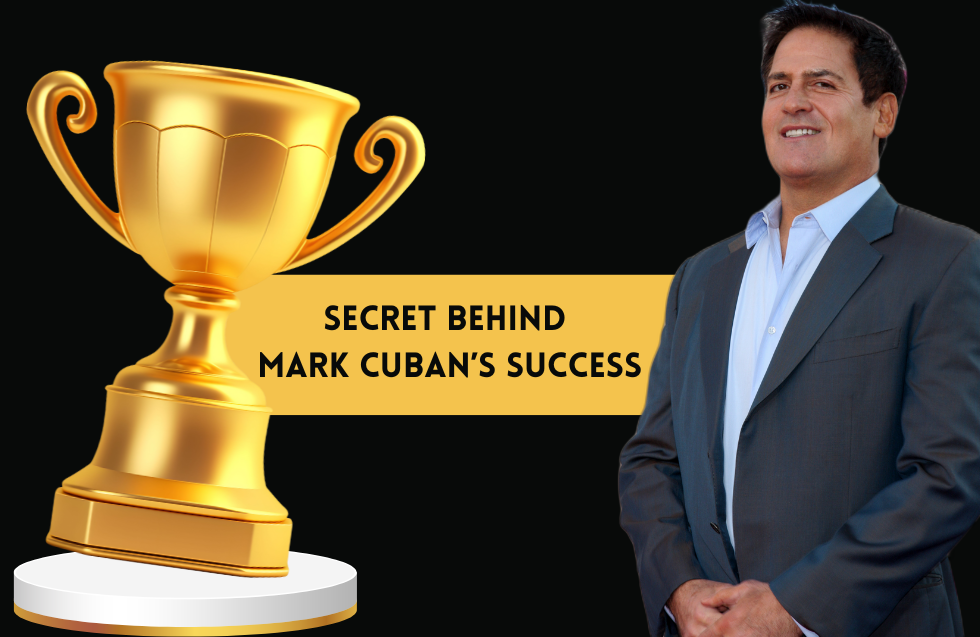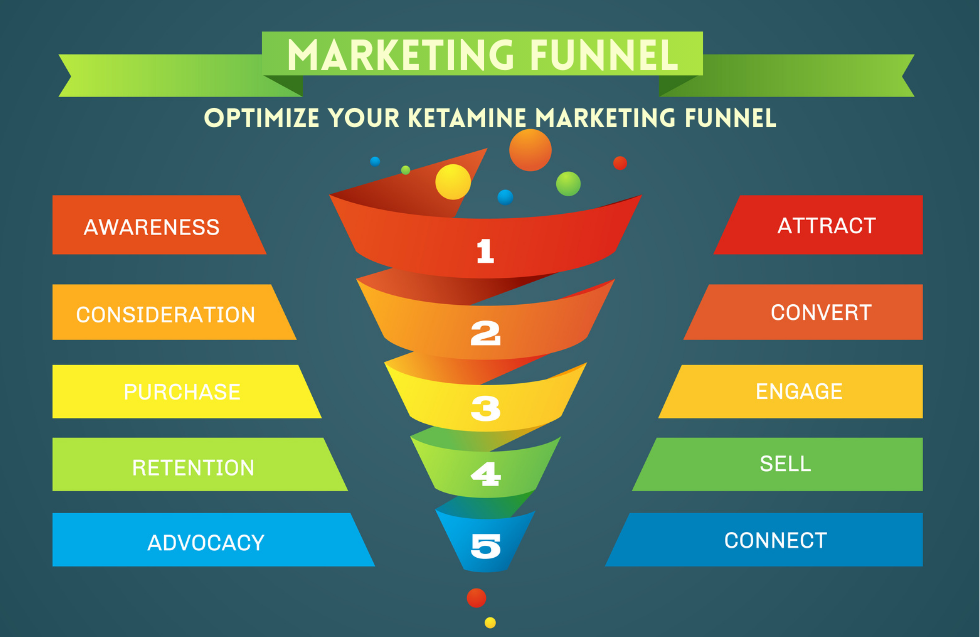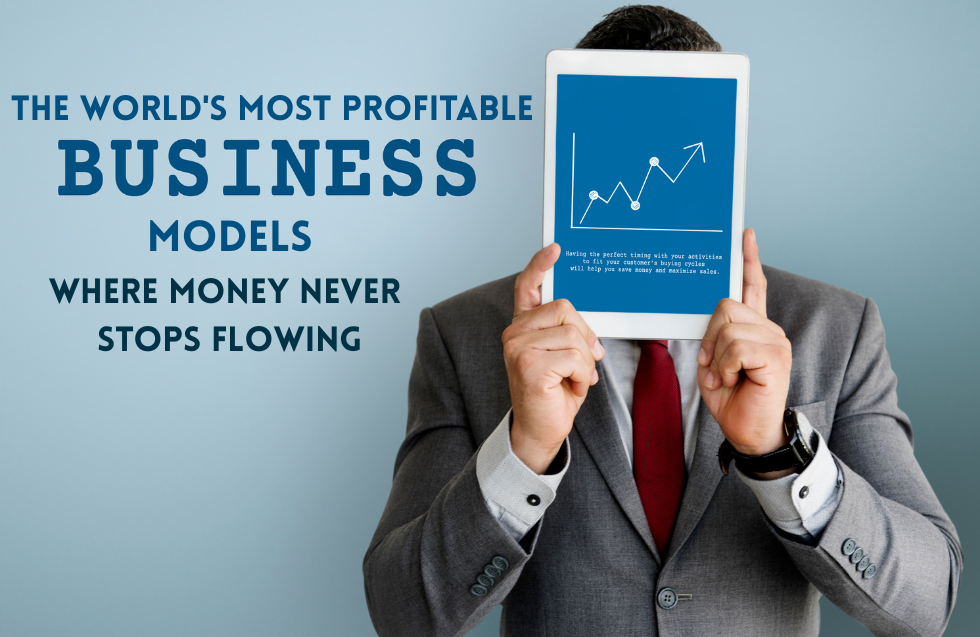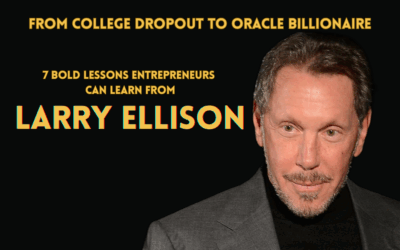Were you aware that almost 90% of startups go out of their business in the first five years (Failory)? That shocking statistic verifies that it takes more than a brilliant idea. Success is achieved by those who know their market, strategize, handle resources carefully and don’t take unnecessary detours.
The majority of new business owners don’t even realize that they are likely victims of what professionals know as the Deadly Sins of Business. These habits such as greed, pride, laziness, envy, wrath, overreaching or sloth that destroy great opportunities while still reaping profits. In 2025, with customer expectations being higher than ever while even more competition than ever exists, avoiding them is no longer an option, it is required to survive and grow.
This handbook uncovers the 7 Deadly Sins of Business that all entrepreneurs should avoid and put towards profitable actions to replace them!
Sin #1 – Greed for Quick Profits
Greed is usually the initial pit that entrepreneurs fall into. The lure of quick gains can get founders running after shortcuts, overcharging for products or prioritizing unsupportable revenue sources. Though it succeeds in the short term, greed compromises long-term trust and tends to backfire.
A McKinsey study revealed that companies that prioritize long-term growth outperform their peers by 47% for revenue growth over a period of 15 years. Greedy shortcuts, in contrast, destroy reputation, alienate clients and leave firms financially weakened.
Why This Is a Deadly Sin of Business:
It causes entrepreneurs to pursue quick gains at the cost of long-term existence, diluting brand loyalty and inducing volatility.
How to Overcome Greed:
- Construct customer loyalty initiatives that uphold repeat business.
- Ensure profits while creating value and maintaining customer trust.
- Be diligent about selecting sustainable pricing models and refrain from overpricing your initial customers.
Case Study: Many dropshipping businesses charged ludicrous prices for awful products at the height of the 2020 eCommerce boom. Within months, customer backlash led to refund claims, chargebacks and permanent bans on payment processors.
Sin #2 – Pride in Ignoring Feedback
Entrepreneurs tend to think they are smarter than customers. Pride makes them deaf to feedback, whether from user ratings, market research or employees. This is one of the most business-deadly sins because it keeps them from adapting.
PwC reports that 73% of customers indicate that customer experience has a significant impact on purchase decisions. Organizations neglecting feedback fail to deliver and ultimately lose market share.
Why This Is a Business Mortal Sin:
Disregard of feedback results in irrelevant offerings, subpar customer experience and stagnation.
Smart Feedback Practices:
- Conduct NPS panels from time to time.
- Use AI-enabled sentiment analysis to follow conversations on social media.
- Close the loop: Feedback responses and showing customers their voice matters.
Case Example: Nokia, which was a mobile behemoth lost market share partly due to leadership ignoring consumer trends towards touchscreens. Apple and Samsung, by listening and responding, took market share.
Sin #3 – Laziness in Innovation
Innovation is not a one-time thing, it’s an ongoing process. But most companies relax after gaining early success. Laziness in innovation leaves them open to disruption.
Clayton Christensen’s “Innovator’s Dilemma” describes how established firms that depend on past glories tend to lose to flexible upstarts that continue to innovate.
Why This Is a Business Sin of Death:
Innovation indolence halts growth and has business houses lagging behind in rapidly evolving markets.
How to Keep Innovating
- Invest in new product development and R&D.
- Get teams to enhance a culture of experimentation.
- Understand AI tools and competitor monitoring to stay in touch with industry trends.
Case Example: Blockbuster neglected Netflix’s revolutionary streaming idea while remaining committed to its stores. The result? Blockbuster ceased operations as Netflix became a global success.The consequence? Blockbuster went out of business while Netflix is now a worldwide success.
Sin #4 – Envy of Competitors
Observing the competitors too intensely tends to create envy-based tactics. Rather than emphasizing strengths, companies copy competitors without knowing their key strengths.
Why This Is a Deadly Sin of Business:
Envy gets in the way of judgment and companies pursue trends or imitate rivals without regard to fit.
Smarter Alternative:
- Apply competitor analysis for differentiation, not imitation.
- Create a unique brand positioning statement.
- Pursue strength through differentiation about what your company is distinctive from.
Case Example: Pepsi once introduced “Crystal Pepsi,” an imitation play attempting to replicate Coca-Cola’s health-conscious consumer. The product flopped because it didn’t distinguish itself clearly, illustrating the peril of envy-driven tactics.
Sin #5 – Wrath in Leadership
Subpar leadership is particularly anger-based leadership is one of the most overlooked deadly sins of business. Angry leaders bring poisonous workplaces, scare off talent and destroy morale.
According to Gallup, 70% of employee engagement is based on managers. Wrath-based leadership creates disengaged teams and increased turnover.
Why This Is a Deadly Sin of Business:
- Anger-based leadership erodes trust, teamwork and long-term success.
- Improved Leadership Practices.
- Implement emotional intelligence (EQ) training for management.
- Institute an open-door policy for employee interaction.
- Recognize small achievements to reward good culture.
Example Case: Uber exposed itself to severe backlash in 2017 after there were allegations of toxic leadership, specifically when former CEO Travis Kalanick was in charge. The reputation of the company obviously suffered with Kalanick’s exit being the end result.
Sin #6 – Overstretching Growth
Rapid growth is alluring to entrepreneurs, but growing too fast without stability is a leading cause of death. Growing into too many markets, recruiting too quickly or overproducing for lack of demand causes financial meltdown. According to TechCrunch, 70% of startup failures are associated with scaling too early.
Why This Is a Business Sin of Death:
Growing too quickly puts pressure on resources, introduces inefficiencies and raises risk.
Smart Scaling Strategy:
- Grow only after product-market fit is achieved.
- Build core systems and cash position prior to expansion.
- Employ data-driven planning to inform expansion.
Case Example: WeWork grew rapidly globally without a viable business model. Its IPO failed, compelling it to decrease its valuation from $47 billion to below $10 billion.
Sin #7 – Sloth in Compliance & Ethics
Numerous companies ignore compliance and ethics until they are sued, fined or confronted by popular outrage. From disregarding labor laws to neglecting intellectual property protection, compliance negligence is an expensive sin.
Non-compliance costs companies an average of 2.7 times as much as investment in compliance, according to Deloitte.
Why This Is a Deadly Sin of Business:
Compliance sloth and ethics lay businesses open to fines, legal exposure and damage to reputation.
Legal Must Do’s:
- Protect intellectual property early.
- Select appropriate business structure.
- Perform quarterly compliance audits.
- Write a code of ethics for your staff.
Case Example: Volkswagen’s scandal about emissions back in 2015 cost the company over $30 billion in fines and settlements. This case evidences how disregarding ethics can stranglehold even the most vast global entities.
FAQs
Q1: What are the Business Deadly Sins to abide by?
A: Business Deadly Sins are things like not doing market validation, skipping research, killing savings, dismissing customers, scaling way too soon, not following through with compliance and underestimating the power of a team.
Q2: How do I validate my business idea?
A: Conduct customer interviews, build a MVP, create a landing page to see if there’s any demand and build a crowdfunding campaign.
Q3: Which of the Deadly Sins of Business is the leading cause of failure?
A: Financial mismanagement and scaling too quickly are the most common culprits behind businesses closing.
Q4: Why is compliance one of the Deadly Sins of Business?
A: Because ignoring it could lead to lawsuits, fines and reputational risk that can kill your business permanently.
Q5: Can startups move past a Deadly Sin of Business?
A: They can through a course correction, getting start-up mentorship and following tight execution; they can generally recover.
Conclusion: Don’t Fall Prey to the 7 Deadly Sins of Business
The 7 Deadly Sins of Business are greed, pride, sloth, envy, wrath, overstretching and laziness are often the vices that commercialize the demise of so many startups.
In order to avoid them requires insight, authoritative effort and active leadership. Entrepreneurs who embrace sustainable growth, acceleration and innovation, customer obsession and ethical practices will not only survive : they will excel in 2025. Final Thought: Which of the business deadly sins are you guilty of and what might be one action step that you can take to address this this year?
